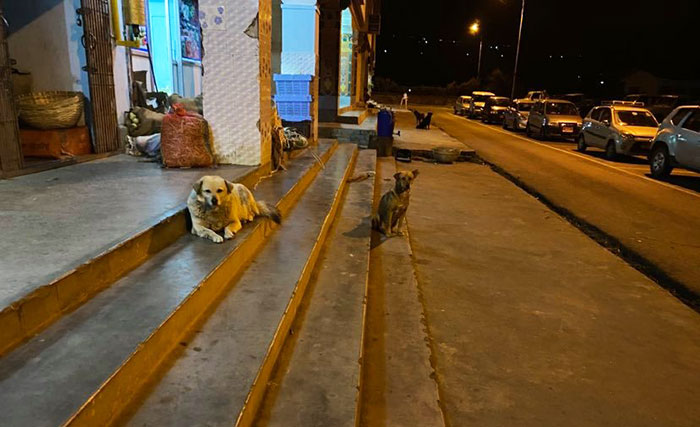Phurpa Lhamo | Wangdue
On March 1, walking from home to his office in Bajo, Changa Dorji was bitten by a stray dog.
Thirty days later, he received his last dose of the anti-rabies vaccine (ARC).
The stray dog bite prevented Changa from receiving the Covid-19 vaccination.
He said the number of stray dogs in Bajo town was a concern, especially for children. “People with disability or those who visit the town are attacked most times.”
As of March this year, Bajo hospital provided 50 individuals with the ARV. In 2020, 210 individuals received the ARV and in 2019, 350.
According to a nurse at the hospital, the total also included few cases of cat, rat bites, and bear maul cases.
She added most of the dog bite cases are from Bajo and Lobesa.
Changa Dorji claimed he counted the strays in Bajo on his home to office and said there were more than 130 stray adults and two puppies.
To control the dog population in Wangdue, the livestock department has been conducting sterilisation programmes and also vaccinating the dogs against rabies.
Wangdue dzongkhag livestock officer, Ugyen, said that sterilisation programmes were provided twice every year and anti-rabies vaccines once every year. These programmes are also held in gewogs.
He, however, said residents do not support their programmes. “We have few officials and aren’t able to catch the dogs. If people could help us catch the dogs in their areas, it would help.”
He said even if four or five female dogs are left unvaccinated, they could deliver six to nine puppies.
Ugyen also said people from the waste management and stray dog population control programme were requested to visit Bajo due to stray dog issues. “The team is currently engaged in Bumthang.”


